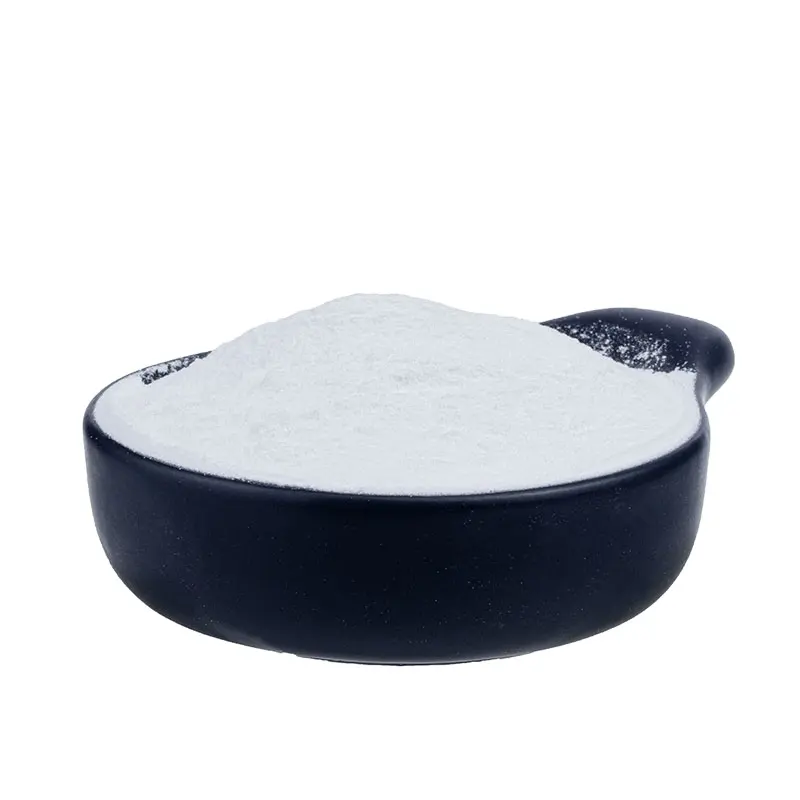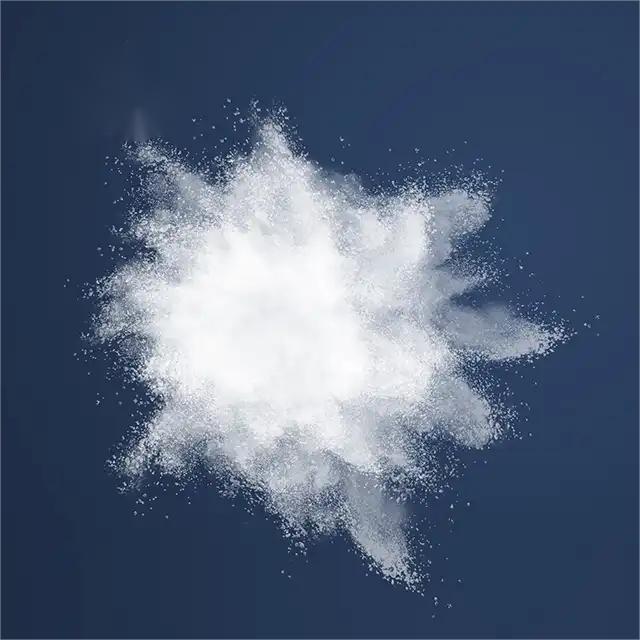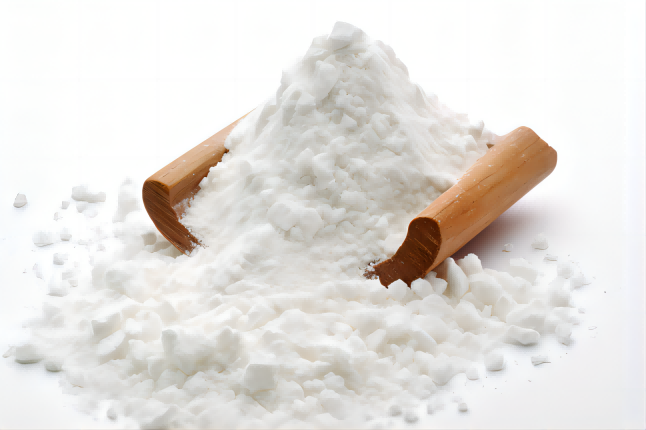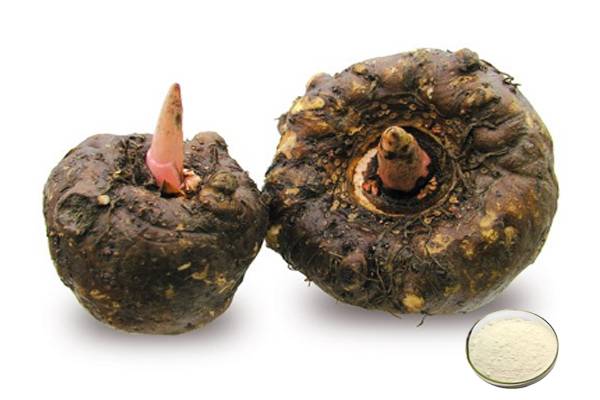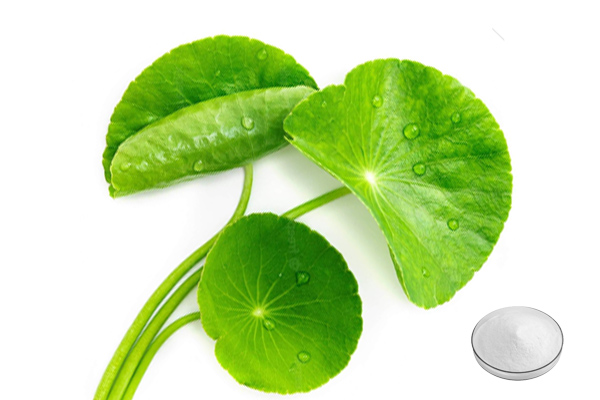Hialuronato de sodio de calidad alimentaria a granel
Nombre del producto: polvo de hialuronato de sodio de calidad alimentaria Otros productos a granel
Ensayo ::≥95%
Peso Molecular :0.80 — 1.50mda
Aspecto: polvo blanco o casi blanco
Residuos de plaguicidas: cumplir con la norma (CE) n º 396/2005
- descripción
- Hoja de datos
- Certificado de certificado
-
¿Qué es el polvo de hialuronato de sodio de calidad alimentaria?
Hialuronato de sodio is a glycosaminoglycan that is a major component of the extracellular matrix. This component can naturally participate in tissue repair and displays unique viscoelasticity, biodegradability, and biocompatibility, making it an ideal material for tissue engineering. Natural sodium hyaluronate has a low turnover rate and limited mechanical properties due to its susceptibility to degradation by hyaluronidase. Therefore, cross-linking of natural sodium hyaluronate using different linkers is required to make it better for the mission of tissue engineering. Sodium hyaluronate is easily hydrolyzed to hyaluronic acid in the water, and both have similar functions. However, Sodium Hyaluronate has a smaller molecular weight and can be absorbed by the deeper tissues of the body. Meanwhile, sodium hyaluronate has the functions of immunity and anti-inflammation, lubrication of joints, beauty, and skincare.
Hialuronato de sodio de grado alimenticioSe refiere a la adición de hialuronato de sodio como base nutricional en aditivos alimentarios. Los alimentos que contienen hialuronato de sodio se toman por vía oral para hidratar el cuerpo, mejorar la función de los huesos y las articulaciones, proteger la mucosa gástrica y muchos otros efectos. Los requisitos de pureza para el hialuronato de sodio en aplicaciones alimentarias no son tan altos como en aplicaciones farmacéuticas, pero los requisitos microbiológicos son un poco más elevados.
La tecnología de primavera verde suministra hialuronato de sodio de calidad alimentaria polvo a granel, el peso molecular se puede personalizar de acuerdo a los clientes' Requisitos. Tiene una alta tasa de absorción y puede penetrar directamente a través de las brechas del estrato córneo de la piel, activar el sistema inmune, promover la cicatride heridas, mejorar la estabilidad del colágeno, y ser anti-envejecimiento y antioxidante. La tecnología de primavera verde controla estrictamente la calidad del producto, este polvo de hialuronato de sodio de grado alimentario tiene bajo residuo de pesticidas, residuos de disolventes, y contenido de metales pesados por las normas de la UE, la farmacopea de EE.UU., la farmacopea japonesa, y otras normas internacionales. Informes de pruebas de terceros profesionales están disponibles.
Especificaciones:
Nombre del producto
Polvo de hialuronato de sodio de calidad alimentaria Otros productos a granel
Ensayo ensayo
≥95%
Peso Molecular
0.80 — 1.50mda
grado
Apto para alimentos
apariencia
Polvo blanco o casi blanco
Residuos de plaguicidas
Cumplir con la norma (CE) n º 396/2005
Normativa:
Se ajusta a la normativa de la UE.
Learn More About Our Comprehensive Solution for Compliant and Stable Hyaluronic Acid Ingredient.
¿Busca un presupuesto?Benefits:
Promotes Healing and Repair of the Body
The unique structure of sodium hyaluronate as a temporary structure helps nutrient diffusion and waste removal from the site of injury. And hyaluronic acid interacts with keratin-forming cells. Keratinocytes are the mainstay of the skin's epidermis and serve to produce keratin, and sodium hyaluronate directly affects the proliferation and migration of these cells. Several important functions associated with hyaluronic acid during wound healing are derived primarily from the CD44 receptor.CD44 is an important receptor for sodium hyaluronate and is present on the cell membranes of almost all cells. CD44 is responsible for the internalization of HA degradation products during wound production and is an important receptor during the inflammatory response. In addition, fibroblasts have a role in promoting cellular repair, and CD44 promotes the transfer of fibroblasts from the vicinity of the wound area to the wound area, thereby accelerating wound healing.
There are also interactions between CD44 and cell surface RHAMM receptors, which interact with CD44 to regulate signal transduction, cell motility, and wound healing. Related studies have shown that RHAMM has a key role in the translocation of CD44 to the cell surface, which facilitates the triggering of pathways activated by sodium hyaluronate and CD44 receptors.WEIGEL et al. presented a model that demonstrated a specific interaction between coagulation proteins and hyaluronic acid, with low molecular weight sodium hyaluronate reducing tissue damage by oxygen free radicals during the wound healing process. Elevated levels of hyaluronic acid lead to the release of growth factors, among others, and influence cell-cell interactions through the formation of pericellular membranes, leading to faster cell proliferation and easier wound recovery.
Anti-inflammatory
When the body is injured, leukocytes migrate to the site of injury using receptors on the vessel wall and secrete proteases for tissue degradation. When blood levels of hyaluronic acid and its sodium salt are high, it slows the movement of leukocytes by binding and interacting with their CD44 receptor. When the receptor is blocked, only fewer leukocytes can migrate to the site of inflammation. However, it does not completely block the leukocyte migration process, it only slows it down. Sufficient numbers of leukocytes will still migrate to the wound site to provide healing, but the inflammatory response will be reduced.
Improves Skin Moisture
Sodium hyaluronate is widely found in human skin tissue. Its molecular structure contains many hydrogen bonds and is spatially rigid in the form of a helical column with a large number of hydroxyl groups on the inside. It can bind a large number of water molecules and these water molecules are very strong within the column. It has good water absorption and safety. The reason for the gradual decrease in the water content of the skin is that with age, the activity of fibroblasts decreases drastically, and their secretion of hyaluronic acid also decreases dramatically. Externally ingested sodium hyaluronate can be broken down by bacteria in the cecum into oligosaccharides, which are absorbed through the colon into the blood or lymph into the skin throughout the body. Increasing the activity of fibroblasts leads to the secretion of hyaluronic acid by fibroblasts in the dermis, thus keeping the water content in the skin relatively stable.
A Japanese researcher did 1 experiment with 22 people with dry skin symptoms. Hyaluronic acid tablets were taken once a day and after 6 weeks compared to the control group. The experimental group showed significant improvement in dry skin symptoms and tested an increase in skin moisture content compared to before. Feng Ning et al. organized 52 healthy volunteers of different ages to carry out experiments, and the results of the experiments showed that the difference in skin moisture content detected before and after the trial consumption of hyaluronic acid in the trial group was significantly greater than that in the control group. It indicates that oral consumption of hyaluronic acid can effectively improve the symptoms of skin dehydration.
Applications:
In Cosmetics:
Sodium hyaluronate has excellent skin permeability and cell penetration, so it can reduce the skin's elasticity increase, moisture increase, and wrinkle reduction, with significant anti-wrinkle, anti-aging, and other functions, such as clinically used in hydrafacial injection. In addition, small molecule sodium hyaluronate powder is often used externally as cosmetics to hydrate, anti-wrinkle, and anti-aging, as well as to improve skin texture or skin luster and other effects.
In the Food Field:
On 28 December 2020, China's National Health Commission approved sodium hyaluronate as a new food ingredient. Sodium hyaluronate powder has been used in a variety of products including milk and dairy products, beverages, alcohol, cocoa products, chocolate and chocolate products (including cocoa butter substitute chocolate and products) confectionery, and frozen beverages.
-
Get Your Free COA


 inglés
inglés francés
francés español
español ruso
ruso coreano
coreano Japonés japonés
Japonés japonés



